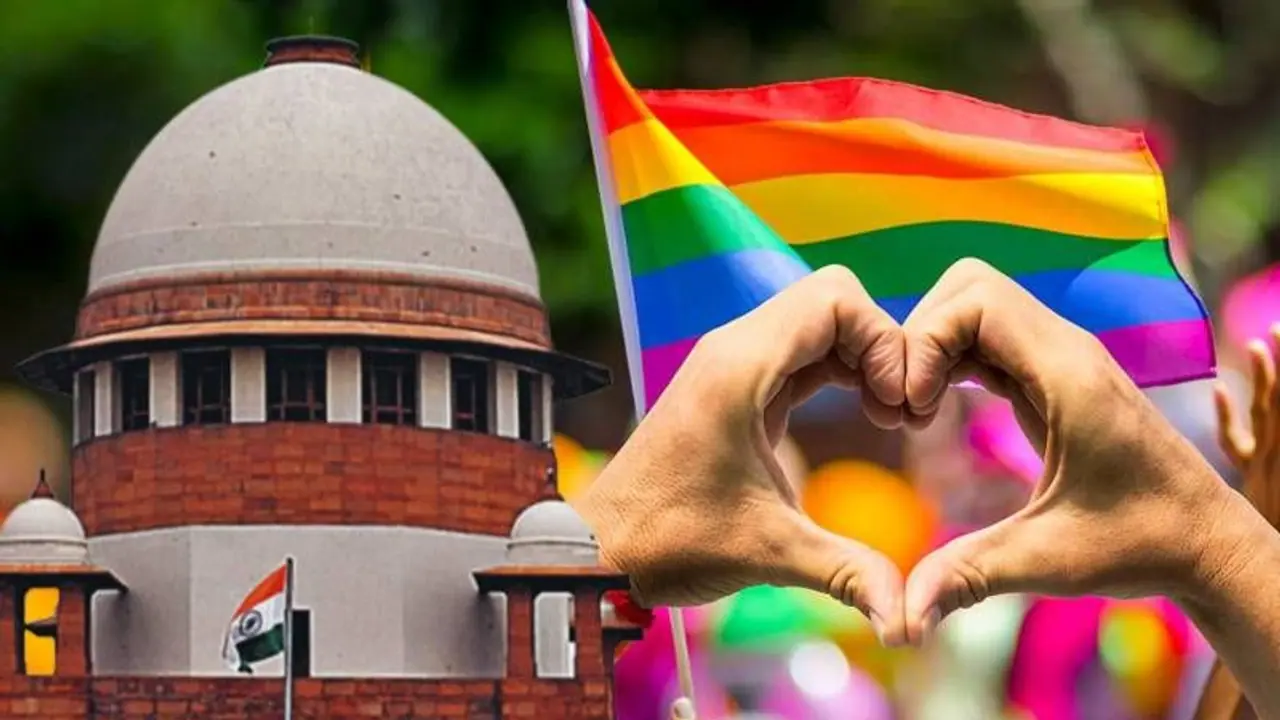In its long-awaited verdict, the Supreme Court on Tuesday refused to recognise same-sex marriage. "It is heartbreaking but we should count our wins," Sushant Divgikr, LGBTQ+ rights activist who is popularly known as Rani Ko-HE-nur, told Asianet Newsable.
The verdict of the five-judge Constitutional bench headed by Chief Justice of India DY Chandrachud refusing to legalise same-sex marriage has left many in the LGBTQ+ community disappointed. But there are those who say that the community members should also count their wins.

"It is heartbreaking but we should count our wins," Sushant Divgikr, LGBTQ+ rights activist who is popularly known as Rani Ko-HE-nur, told Asianet Newsable.
"Obviously, there are pros and cons but we should always count our wins and focus on the positive. For marriage, the option should always be there. It should be our choice and it should be open. Adoption was also mentioned in the ruling," the activist said, adding, "We will keep up with our good fight, count our wins and hope for the best."
The bench, comprising Justices PS Narasimha, Ravindra Bhat, Hima Kohli, and Sanjay Kishan Kaul, along with the Chief Justice, affirmed that legal recognition of same-sex marriage necessitates a specific law rather than an interpretation of existing legislation. They deferred the responsibility of enacting such a law to the government, advising the establishment of a committee to deliberate on the issue of same-sex marriages. In a 3:2 majority decision, the Supreme Court recognized the right to civil unions for queer couples but withheld adoption rights.
This verdict resulted from the adjudication of 20 petitions presented by various same-sex couples, LGBTQ+ activists, and transgender individuals, challenging the provisions of the Special Marriage Act of 1954 and the Hindu Marriage Act of 1955.
Tuesday's judgment follows the 2018 ruling by the Supreme Court, which invalidated a colonial-era law that criminalized gay sex with penalties of up to 10 years in prison, subsequently broadening constitutional rights for the LGBTQ+ community.
The Chief Justice, leading the constitution bench, directed the Central government, states, and Union Territories (UTs) to ensure non-discrimination against the queer community, emphasizing that queerness is a natural phenomenon with a longstanding history and is not limited to urban or elite contexts.
